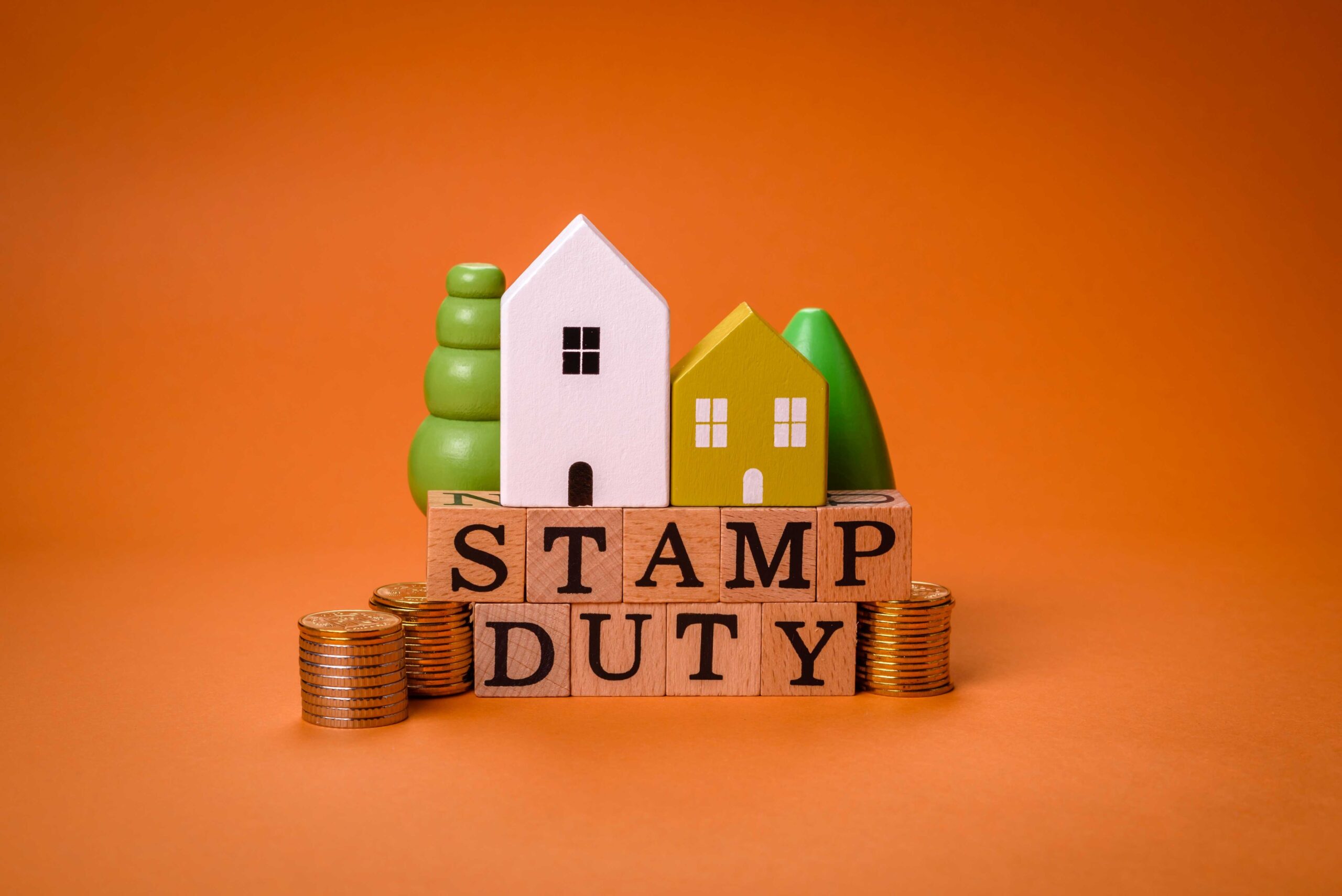
The former Deputy Prime Minister Angela Rayner’s recent problems with stamp duty land tax (SDLT) offer a salutary lesson.
In early September, the Deputy Prime Minister (and Housing Secretary) resigned after discovering that she had underpaid SDLT by £40,000 on the purchase of a flat in Hove.
That Rayner missed the history of the additional tax liability was unfortunately ironic. The surcharge on stamp duty was introduced by Conservative Chancellor, George Osborne, in the Autumn Statement 2015, at a rate of 3%. It took effect from April 2016 and the rate was subsequently increased to 5% nine years later in the Autumn Budget presented by Angela Rayner’s then cabinet colleague, Rachel Reeves.
The tax aimed to discourage buy-to-let and second home purchasers, who were often shopping for similar properties to first-time buyers in a pressured housing market. The basis of the additional tax required the buyer to pay extra SDLT if they owned another residential property on the same day that another property was bought. That might sound simple enough, but the legislation to achieve it was not, involving the closure of potential loopholes, such as buying the second property through a company or using trusts to shift ownership.
It was the latter anti-avoidance measure which tripped up Angela Rayner. She had sold the 25% interest in her first home, in Ashton-under-Lyne, to a trust for the benefit of her disabled child before buying her Hove apartment. Paragraph 12 of Schedule 4ZA of the Finance Act 2003 deemed that such a sale meant that Rayner was still treated as owning the property for SDLT purposes.
While Rayner had sought guidance on her SDLT position, the advice she received was qualified by the acknowledgement that it did not constitute expert tax advice and was accompanied by a suggestion, or in one case a recommendation, that specific tax advice be obtained. Had Rayner paid heed to those warnings, she would not now be facing a potential tax penalty of up to £12,000 for ‘carelessness’, in addition to the £40,000 extra SDLT.
The lesson of the whole episode and one to keep in mind whenever advice – particularly in the financial area – is needed: make sure you are talking to an expert who stands behind their judgement.
The Financial Conduct Authority does not regulate tax advice.





